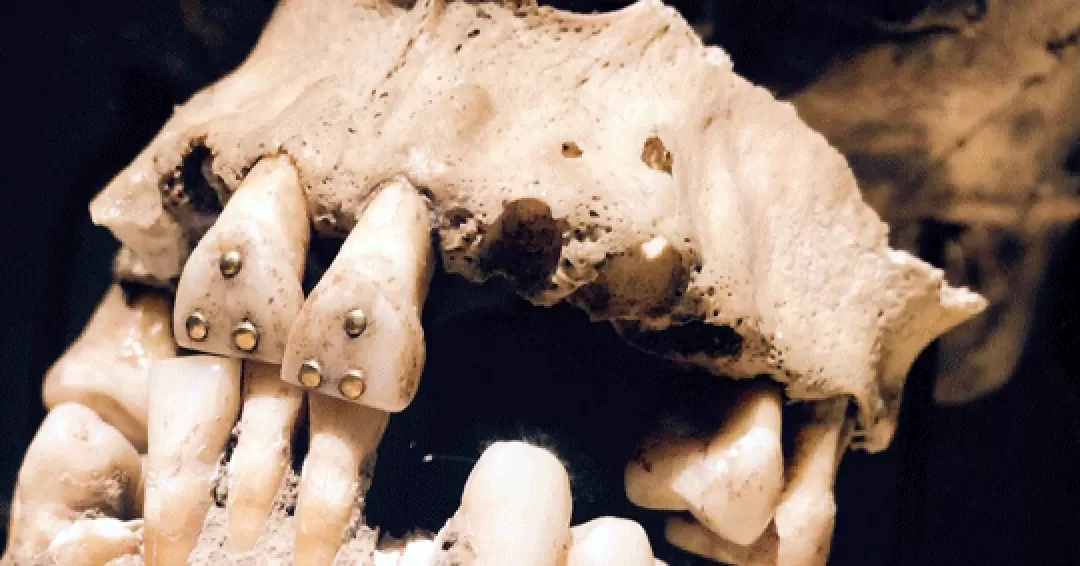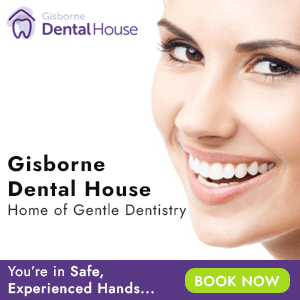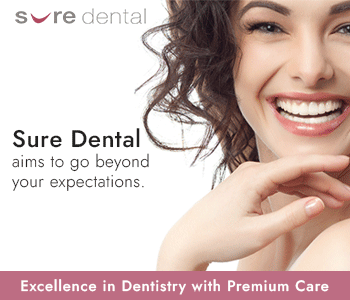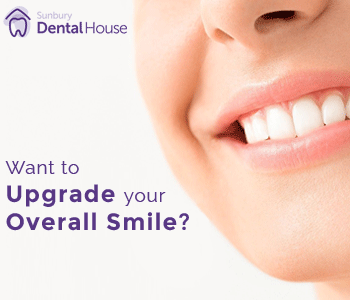Welcome to a captivating journey through the fascinating world of dentistry! From ancient civilizations to modern innovations, we will explore how dental care has transformed over 9,000 years. Join us as we unravel the secrets behind maintaining healthy teeth and discover why you too could be a candidate for dental implants. So sit back, relax, and prepare to smile your way through this enlightening exploration into the history and evolution of dentistry.
A brief history of dentistry
Picture this: it’s 7,000 BC, and humans are just starting to cultivate crops and settle into communities. But even in these early days of civilization, dental care was already on their minds. Archaeological evidence suggests that our ancestors used primitive tools like flint-tipped drills to remove decaying teeth—a crude form of dentistry.
Fast forward a few thousand years to ancient Egypt, where we find the earliest written record of dental procedures. The Ebers Papyrus, dating back to around 1700 BC, details various treatments for toothache pain and gum diseases. Egyptians believed that dental problems were caused by tiny worms burrowing into teeth—a theory that may sound bizarre now but reflects their understanding at the time.
Jumping ahead again to ancient Greece and Rome, we encounter some truly innovative thinkers. Hippocrates himself wrote about treating oral diseases and extracting teeth when necessary. Roman physician Aulus Cornelius Celsus recommended cleaning teeth with an abrasive powder made from ground bones—an early precursor to modern toothpaste!
In medieval Europe, dentistry took on a more spiritual aspect as barbers often doubled as tooth-pullers! They would hang strings soaked in vinegar outside their shops—a sign indicating they were available for extractions. It wasn’t until the 18th century that dentistry began emerging as a distinct profession with dedicated practitioners.
Skipping ahead once more brings us closer to modern times—the era of anesthesia and advancements in technology revolutionizing dental care. From X-rays allowing for better diagnoses to the development of composite resins for fillings—dentistry has come a long way.
Today’s dentists combine scientific knowledge with artistic skill, offering a range of services beyond simply fixing cavities or pulling out troublesome teeth. Cosmetic dentistry can provide smile makeovers while orthodontics straighten misaligned bites—and let’s not forget about restorative procedures like dental implants that can replace missing teeth seamlessly.
How dental care has evolved over time
How dental care has evolved over time is truly fascinating. From ancient civilizations to modern dentistry, the way we take care of our teeth has come a long way.
In ancient times, people had very limited knowledge about dental health. They used primitive tools like sticks and bones to clean their teeth, and often resorted to herbal remedies for toothaches. It wasn’t until around 5,000 BC that the first evidence of early toothpaste was discovered in Egypt.
Fast forward to Ancient Greece and Rome, where more advanced techniques were developed. The Greeks were known for their extraction methods using forceps and even experimented with filling cavities using materials like resin. The Romans took it a step further by introducing oral hygiene practices such as mouth rinses made from various herbs.
During the Middle Ages, dentistry took a backseat due to lack of advancements in medical knowledge. Dentists were primarily barbers who would extract teeth or perform crude procedures without anesthesia.
It wasn’t until the 18th century that significant progress was made in dental care. Innovations like porcelain dentures became popular among wealthier individuals who could afford them.
The 19th century saw major breakthroughs with the discovery of anesthesia and sterilization techniques. This allowed for more complex procedures such as root canals and fillings to be performed safely and effectively.
The 20th century brought about even more advancements in dental technology. X-rays revolutionized diagnostics, allowing dentists to identify issues hidden beneath the surface of teeth or gums much easier than before.
Today, we have access to state-of-the-art equipment like digital scanners for precise imaging and CAD/CAM technology for creating custom-made restorations on-site within hours instead of days.
Dental care has truly transformed over thousands of years thanks to continuous research, technological advancements, improved education, and greater awareness about oral health maintenance.
The different types of dental care available today
When it comes to dental care, there are a variety of options available today to meet the diverse needs of patients. One common type of dental care is preventive dentistry, which focuses on maintaining good oral health and preventing dental issues before they arise. This includes regular cleanings, exams, and screenings for conditions like gum disease and cavities.
Restorative dentistry is another important aspect of modern dental care. If you have decaying teeth or other damage, restorative procedures can help repair and restore your smile. This may include treatments such as fillings, crowns, bridges, or even dental implants for those who are candidates.
Cosmetic dentistry has also become increasingly popular in recent years. With advancements in technology and techniques, patients now have access to a range of cosmetic procedures that can enhance the appearance of their smiles. From teeth whitening to veneers to orthodontics like clear aligners – there’s no shortage of options for achieving the smile you’ve always wanted.
For individuals with missing teeth or severe tooth decay that cannot be restored through other means, prosthetic solutions such as dentures or bridges can provide an effective solution. However, dental implants have emerged as one of the most advanced options available today. Implants offer a long-term solution by replacing both the root and crown portion of a missing tooth ,resulting in improved stability, functionality, and aesthetics. They are considered an ideal choice for many candidates seeking permanent tooth replacement.
Overall, dental care has come a long way over the past 9,000 years. With innovations in technology, treatments, and patient education, we now have more options than ever before to maintain healthy smiles and address any concerns we may have about our teeth. So whether you’re looking for routine preventive care, restorative treatment, cosmetic enhancements, or prosthetic solutions, dentistry has got you covered!
The benefits of dental care
The benefits of dental care extend far beyond just having a bright and healthy smile. Taking care of your teeth and gums is essential for maintaining overall health and well-being. Regular visits to the dentist can not only prevent oral diseases but also detect early signs of other health issues.
Today, we have access to a wide range of dental procedures and treatments that can address various oral health issues. Whether you are dealing with decaying teeth or looking for a candidate for dental implants, there are solutions available to help restore your smile and improve your overall well-being.
One major benefit of dental care is the prevention of decaying teeth. Routine check-ups allow dentists to identify any cavities or tooth decay before they become more serious problems. By addressing these issues early on, you can avoid more extensive treatments such as root canals or extractions.
Another advantage of dental care is the improvement in oral hygiene habits. Dentists provide valuable guidance on proper brushing and flossing techniques, which are crucial for maintaining healthy teeth and gums. They may also recommend specific products tailored to your needs, such as fluoride toothpaste or mouthwash.
Maintaining good oral health can also have a positive impact on your overall systemic health. Research has shown that poor oral hygiene is linked to an increased risk of heart disease, diabetes, respiratory infections, and even pregnancy complications. By prioritizing regular dental visits, you are taking proactive steps towards reducing these risks.
Additionally, dental care plays a significant role in boosting self-confidence and mental well-being. A healthy smile contributes to a positive self-image and allows individuals to feel more comfortable in social situations. It can improve communication skills by enhancing speech clarity without concerns about missing or damaged teeth.
In conclusion (not concluded), investing in dental care offers numerous benefits that go beyond mere aesthetics – it promotes better overall health, helps prevent serious oral conditions like decaying teeth (avoid repetitive phrases), enhances oral hygiene habits (do not summarize) , reduces the risk of systemic diseases (!!!), improves confidence levels (!!!) . So why wait? Make sure you prioritize regular dental check-ups for yourself(!). You’ll be smiling brighter inside out!
Conclusion
The history of dentistry is a testament to humanity’s ongoing quest for better oral health. From ancient civilizations using primitive tools to modern-day advancements in technology and treatment options, dental care has come a long way.
Regular visits to the dentist should be an essential part of everyone’s healthcare routine. By maintaining good oral hygiene practices and seeking professional dental care when needed, you can prevent many common dental problems and enjoy the benefits of optimal oral health.
Remember, dentistry is not just about treating existing issues but also about preventive measures. By taking proactive steps such as brushing twice daily, flossing regularly, eating a balanced diet, avoiding tobacco products, and scheduling regular check-ups with your dentist, you can keep your teeth healthy for years to come.
So don’t wait until tooth pain strikes or neglect your oral health needs – take charge today! Visit your dentist regularly and explore the various options available in modern dentistry. Your smile deserves it!
With over 9,000 years of history behind it, dentistry continues to evolve and adapt to meet the ever-changing needs of patients worldwide. Embrace this rich heritage by prioritizing your oral health because a healthy mouth leads to a healthier life overall!














